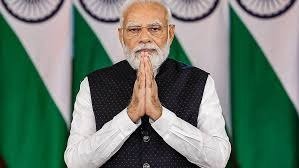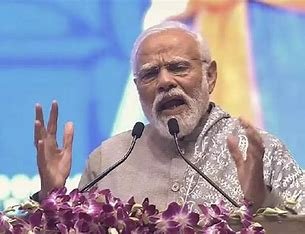By Adv C K George
Kolkata: The legal experts were of the opinion here that stricter punishment like death sentence was not the proper step to prevent crimes against women like rape and murder.
If the stricter punishment reduced the felonies, the Arabian Gulf countries would have been free from felonies against women, the experts added, death penalty is an anachronism.
The West Bengal Assembly Unanimously passed the Aparajita Women and Child (west Bengal Criminal Laws Amendment ) Bill, 2024 on September 03 , following the rape and murder of a doctor at a government hospital in Kolkata on August 09. The Bill introduced the death penalty or life-long imprisonment for rape by amending the relevant sections of the Bharatiya Nyaya Sanhita, the new penal code.
Legal experts like former Supreme Court judge Asok Kumar Ganguly said that stricter punishment does not act as a deterrent and reduce the crime against women. There were empirical studies to prove that stricter punishment does reduce the rate of crime. Stringent laws are already laws in place , and they have to be implemented properly, Ganguly added.
The cry for the death penalty after every heinous sexual crime and the governments yielding to by issuing ordinances or passing Bills have become fairly commonplace.
The criminal laws were amended in 2013 after a brutal rape of a women in Delhi, subsequently the States including Madhya Pradesh, Rajasthan, Haryana, Andhra Pradesh, Maharashtra and Arunachal Pradesh had sought amendments for enhanced death penalty for sexual assaults.
The Aparajita Bill has been sought death penalty to be prescribed for five offences – rape; rape by police officer or public servant, rape causing death or sending victim to persistent vegetative state; gang rape, and being a repeat offender. It also amended the Bharatiya Nagrik Suraksha Sanhit to provide for special courts to try such offences in a time bound manner and the Protection of Children from Sexual Offences Act, 2012 to provide for death in cases of penetrative sexual assault and its aggrieved forms.
The Bill has been forwarded by the West Bengal Governor to the Preident for assent.
There is little evidence that awarding the death penalty is a deterrent against several offences.
The Justice J S Verma Committee had stated that it was not inclined to recommend the death penalty for rape even for the rarest rare cases arguing that “seeking of the death penalty would be a regressive step in the field of sentencing and reformation”.
After the Nirbhaya case in 2012, the Criminal Law Amendment Act, brought about substantial changes in the legal landscape . This law expanded the ambit of rape by incorporating new offences such as stalking, acid attacks, voyeurism into its definition.
Madya Pradeh was the first State in India to enact a law to provide capital punishment to those who raped children. But Madhya Pradesh continued to report most cases of rape of minors as per the NCRB report of 2020.
According to NCRB report 2022, 4,45,256 cases of crime against women were registered in 2022, an increase of four per cent compared to 4,28,278 in 2021. The crimes against women include kidnapping and abduction of women (19.2 per cent) assault on women with intent to outrage her modesty (18.7 per cent), rape (7.1 per cent) and 13,479 cases under the Dowry Prohibition Act.
According to the NCRB report 2022, Uttar Pradesh , Maharashtra, Rajasthan , West Bengal and Madya Pradesh were the states where the largest number of crimes were registered. Death penalty for rape was in vogue in these states.
Death penalty ivery valuable s no penalty and it serves as no deterrent. The penalty should be for reformation of a person ,said the senior Advocate Bikash Ranjan Bhattacharya. Human life is valuable and awarding the death penalty was a colonial practice that should be done away with it, he added.
Moreover several countries of the world has abolished death penalty as punishment for crimes. India had voted in the United Nations General Assembly in favour of abolishing death penalty.
Though the state governments were within their rights to bring amendments in criminal laws laws which fell under the concurrent list. But they could not execute death penalty of its own volition, Ganguly said , that the legislation cannot take away the right of pardon and commutation of sentence under Article 72 and Article 161 of the Constitution where the President and Governor can grant pardon.
Till the end of December 2023, there were 561 persons convicted for death penalty were undergoing imprisonment in the country. Out of it, 488 persons’ appeals were pending for various High Courts of the country waiting for final decision.
According to legal experts, death penalty is an anachronism today and hence it is high time to do away with it.




